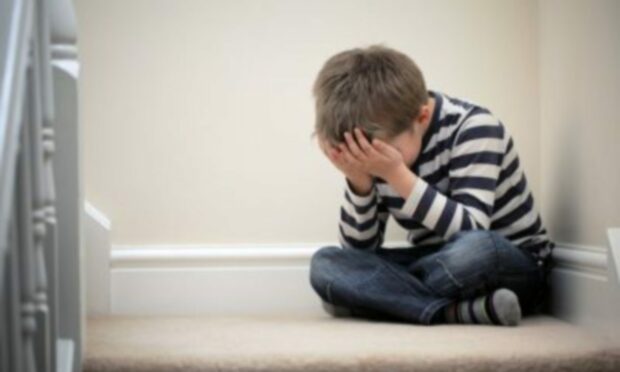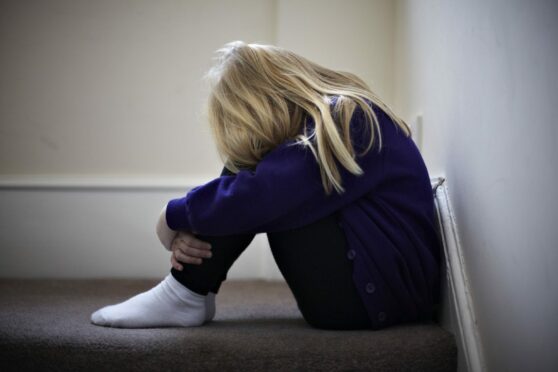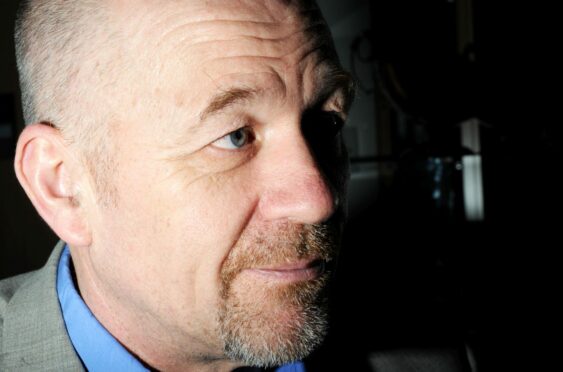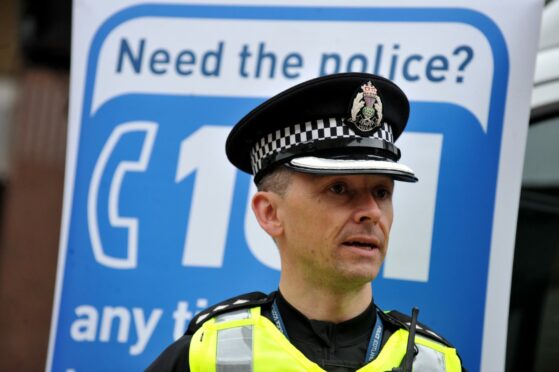A leading children’s charity has launched a campaign to help protect children in Orkney, Shetland and the Western Isles from sexual abuse.
The NSPCC islands campaign works with each of the island group’s protection committees.
They are teaming up as part of the charity’s Talk PANTS campaign, which gives parents, carers and professionals advice on how to have simple, age-appropriate conversations with children about sexual abuse.
A colourful animated character called Pantosaurus is helping children understand that their body belongs to them and to recognise when something is not okay and how to tell someone.
Earlier this year the NSPCC launched a children’s book featuring the colourful character.
What does PANTS stand for?
PANTS are five talking points that parents should raise with their children.
They stand for: (P) Privates are private, (A) Always remember your body belongs to you, (N) No means no, (T) Talk about secrets that upset you and (S) Speak up, someone can help.
As part of the NSPCC islands campaign, the NSPCC have sent a Gaelic PANTS guide to parents in the Western Isles.
The materials are available in different languages online.
Each of the public protection committees will have their own specially trained champions to deliver the campaign messages and resources to other professionals and families through webinars and workshops.
There are also resources for teachers to use in primary schools.
Pan-island approach to tackle abuse hailed
Tam Baillie, Chair of Public Protection Committees in Orkney and Shetland and the Western Isles, said the it makes sense to use language children can understand.
He said: “It is great that we are able to conduct this campaign on a pan-island basis.
“It demonstrates there are common issues for keeping children safe in island settings, whilst valuing the differences in each of the local campaigns.
“I love the age-appropriate approach, using rhyme, dance and song to bring home serious preventative messages.
“I expect the campaign to heighten awareness of sexual abuse and increase the safety of our youngest children – and to have fun whilst doing it.”
Campaign has full backing of island police
Western Isles Area Commander Chief Inspector Alasdair Macleod, said he is “delighted” the scheme is being rolled out across the islands.
He said: “This campaign is being conducted locally by the Western Isles Child Protection Committee, but also on a ‘pan-island’ basis in partnership with the committees in Orkney and Shetland.
This is a great way to continue forging links and sharing good practice with our colleagues working to protect children in the other island areas.
“What we want to do is to use the fun, age-appropriate messaging and activities, provided by NSPCC Scotland, to encourage conversations which will help to keep our young children safe from abuse.”
NSPCC hope new drive will protect kids

Mubashar Khaliq, Local Campaigns Manager at the NSPCC, said: “Each year in Scotland, Police record more than 5,000 sexual offences committed against children. It is crucial that we do all we can to help prevent abuse from happening in the first place.
“The Talk PANTS campaign is about helping start difficult, but vital, conversations with children from a young age about sexual abuse and their right to be safe.
“We don’t talk about sex or use scary words but focus on keeping safe and rules that help children understand important messages, like their body belongs to them and they should tell an adult if they’re upset or worried.”
The NSPCC islands campaign is being launched at a virtual event on Thursday, where people who work with children and families on the islands will hear from each of the committees. Also speaking is a woman who was sexually abused as a child and Stuart Allardyce, Director of Stop It Now! Scotland.
More from the Schools and Family team
Squid Game: Four other playground crazes that caused problems for schools
Squid Game: Schools in north and north-east forced to act on latest Netflix smash
Are you guising this Saturday – or Sunday? Take our poll and let us know


